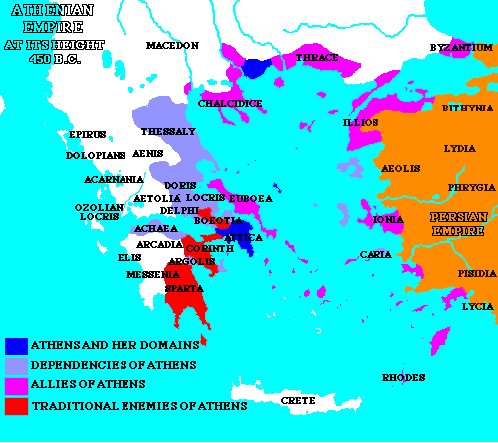

However, in the developing state of Macedon, most of its male population took part in simpler economic activities, like herding animals (based on seasons). This resulted in more constrained campaigning seasons since the hoplites couldn’t be too far away from their agricultural lands. In other words, the Greek hoplite was essentially a farmer who was tied to his land and made up the bulk of the middle class of his society’s economy. The Macedonians had one significant advantage over other southern Greek city-states, and that ironically related to “simple living”. The Macedonian Phalanx Was Originally Composed of Semi-Nomadic Herders

Indeed he devised the compact order and the equipment of the phalanx, imitating the close order fighting with overlapping shields of the warriors at Troy, and was the first to organize the Macedonian phalanx.
OPIS MUTINY TIMELINE SERIES
Yet even so, with such fears and dangers threatening them, Philip was not panic-stricken by the magnitude of the expected perils, but, bringing together the Macedonians in a series of assemblies and exhorting them with eloquent speeches to be men, he built up their morale, and, having improved the organization of his forces and equipped the men suitably with weapons of war, he held constant maneuvers of the men under arms and competitive drills. The Macedonians because of the disaster sustained in the battle and the magnitude of the dangers pressing upon them were in the greatest perplexity. In essence, Philip had to tread carefully and take advantage of both delicate diplomacy and military innovation in order to keep his state and kingship intact. And, as the saying goes – “necessity is the mother of all inventions”.īy the time Philip assumed the reign of the nascent Macedon, the state’s army was all but vanquished – with their earlier king and many of the hetairoi (king’s companions) meeting their gruesome deaths in a battle against the invading Illyrians. However, beyond sexuality, it was the scope of advanced battlefield tactics of the Thebans that was seriously inspirational to Philip II and his Macedonian phalanx. Now while explicit evidence of Macedonian pederasty in their military is still not found, there are literary anecdotes on how such relationships played their larger role in political affairs in Philip’s time. One such incredible innovation involved the so-called Sacred Band, an elite military force that was often specified as having 150 pairs of homosexual ‘lovers’. Suffice it to say, an impressionable man named Philippos (or Philip II, who was the youngest son of Macedonian king Amyntas III) took note of the great Theban general Epaminondas and his fascinating tactics. This ensured a brief period of Theban military supremacy in the 360s, with its influence and primacy reaching the northern Greek states of Thessaly and Macedon. The Spartans were dealt a stinging defeat at the Battle of Leuctra in 371 BC, by not their long-term rival Athenians, but rather by the ‘upstart’ city-state of Thebes.


 0 kommentar(er)
0 kommentar(er)
